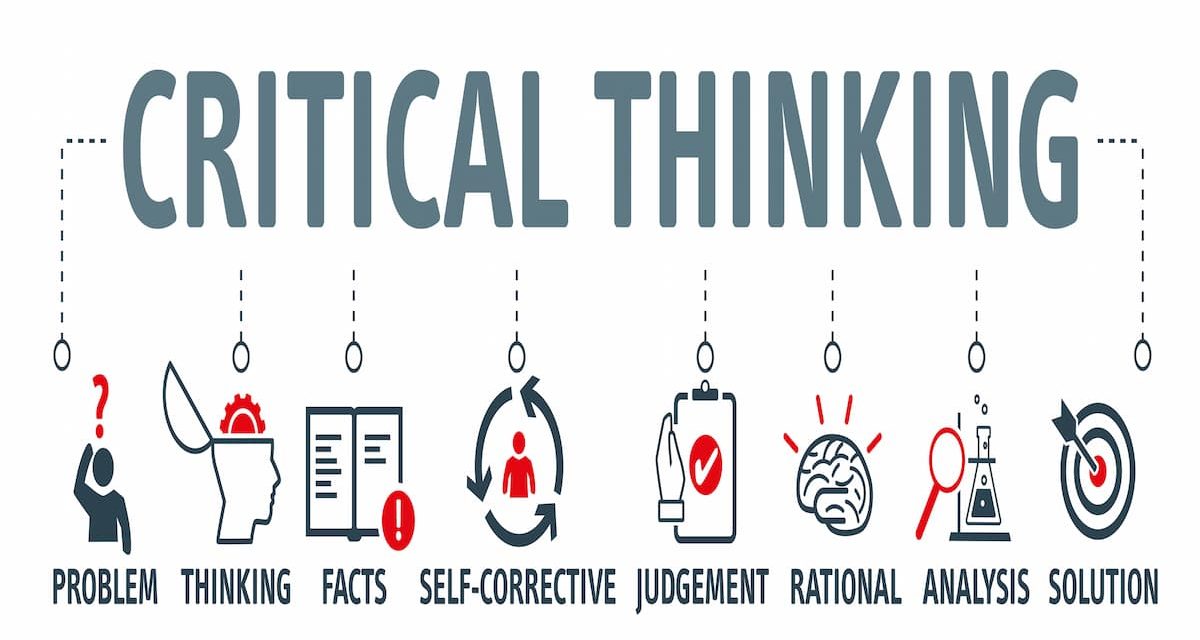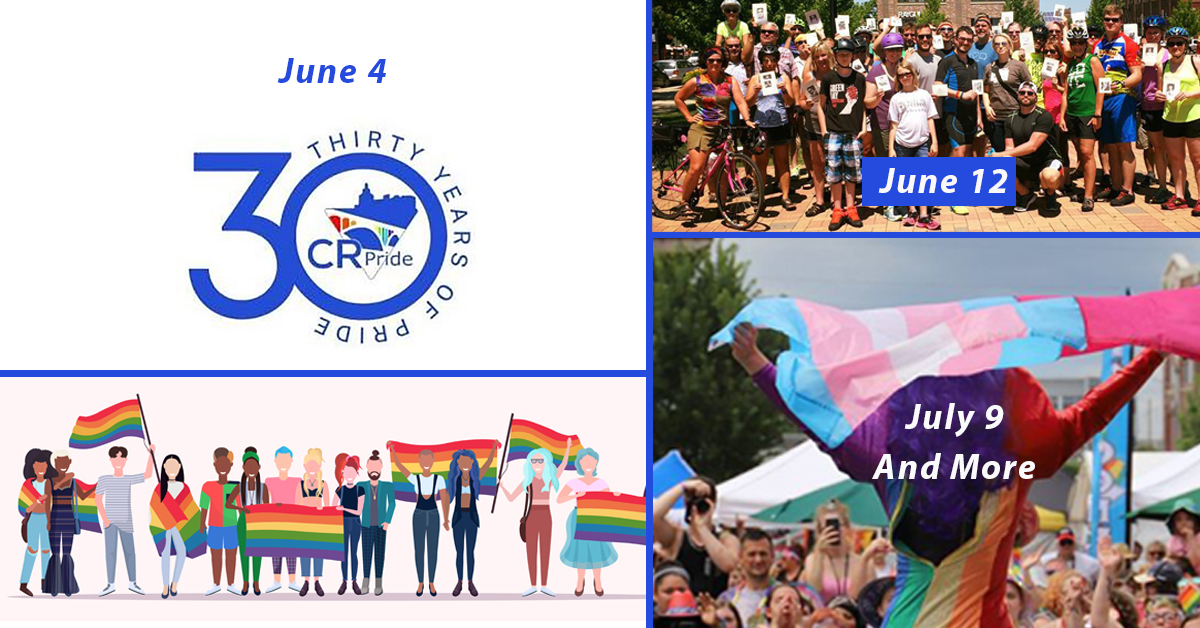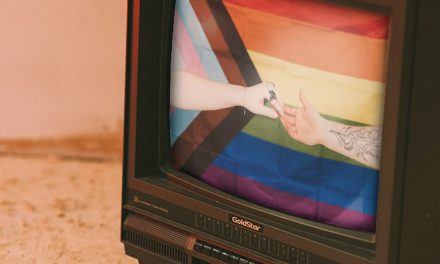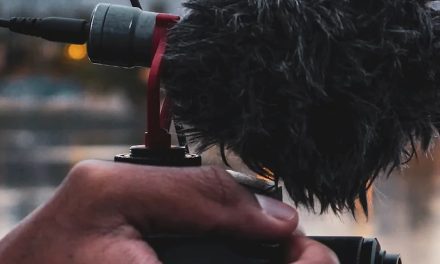We have a new tagline “For Critical Thinking. Against Binary Thinking.”
This change comes about through the joys of teaching, where a course I recently taught reminded me: differences among homogeneous groups will be greater than those same differences among people in general.
Wow. When I let that soak in, I literally thought to myself, “No wonder this job of an intentionally intersectional publication seems especially challenging sometimes.”
We are first trying to serve many different groups, each of which have within them the same differences as society in general, only amplified. Furthermore, we’re trying to unitedly serve these groups, whose greatest commonality is that they are underserved or outright mistreated by today’s society. And who often don’t even welcome and trust each other. We are talking layers upon layers of differences. The challenge, when trying to serve any marginalized community let alone all of them, is avoiding the tempting and sometimes disguised shortcut of uniting around grievance.
Many a previous and current “alternative” publication has struggled with this same question. Our new tagline — “For Critical Thinking, Against Binary Thinking” — is how this publication will tackle this goal. Here’s a quick Q&A:
Why are you making a big deal about being “for critical thinking?” Isn’t everyone?
Well, sure. But as we’ve seen throughout COVID, critical thinking is taking hits as we’re all besieged by political ideology and grievance culture. Even we progressives lose sight of critical thinking sometimes in our zeal to stand up for each other. Schools nationwide are trying to refocus on critical thinking, as Kent Mick touches on in his new column. Critical thinking can’t really have too many cheerleaders right now.
What does it mean to be “against binary thinking?” Does that mean you don’t stand for or believe in anything?
Quite the opposite. It means countering the automatic “us versus them” mentality that now grips so many, as we all look for our “tribe.” But once you release that opposition mentality, real critical thinking is freed. Your outlook and decisions focus more on what makes sense — not some obligation to a person, personality, party, dogma, or religious faith. The more we marginalized communities can approach issues through critical thinking, the less we ourselves turn to to grievance, self-victimization, and yes, prejudice. The greater will be our power. And, the greater chance we can find common ground with people who originally disagreed.
How will you uphold this tagline? What makes TRM different than any other newspaper?
Great question. Today, so very many media exist. The woke wave sweeping the country means a lot more mainstream media are, at least for now, covering subculture happenings they used to overlook — like annual LGBTQ Pride events, and Black Lives Matter topics. Every news story is rewritten with the same information a dozen or more times over, by a dozen or more media. So many LGBTQ and BIPOC chat rooms and social groups offer advice, it can be overwhelming. We don’t need to add to the info avalanche. But we CAN be a voice that stands for marginalized communities and ALSO pushes for a higher standard. We can do this through:
• carefully curated events and other listings that truly further solution-minded approaches
• news and feature stories with greater context
• challenging commentary built on critical thinking
• podcasts, public speaking and regular features that facilitate thoughtful discussion
• seeking writers that value critical thinking
• work-education programs
That’s a peek at what’s to come in 2022 through TRM and for Iowa and Illinois. We should have some great writings for you — and we’ll probably piss a few people off. We ask only that you keep the path to critical thinking open by cutting off the binary thinking. We are excited about a year of productive discussions, elevating public discourse, and pushing ourselves and everyone to look a little deeper, and try a little harder.






